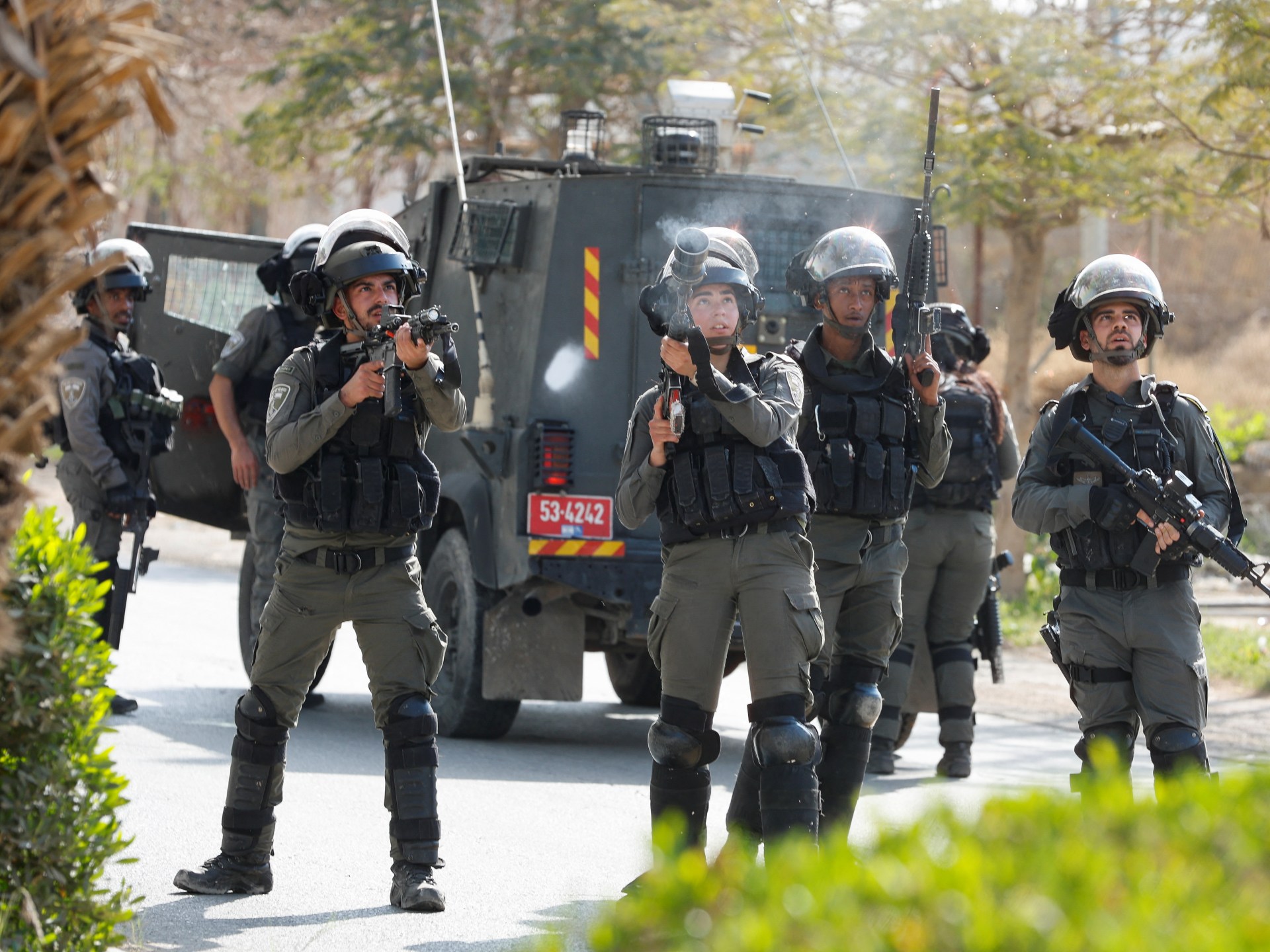If White House request granted, it would enable Israel to access US weapons with less congressional oversight.
The White House aims to lift nearly all restrictions on Israel’s access to weapons from a crucial US stockpile, enabling a smoother weapons pipeline to Israel, which has paused weeks of its devastating bombing of the Gaza Strip.
The White House asked the United States Senate to scrap the restrictions in its latest supplementary budget request on October 20. If granted, the request would enable Israel to access more high-powered US weapons at a reduced cost, with less congressional oversight.
The request proposes changes to policies governing the War Reserve Stockpile Allies-Israel (WRSA-I), an Israel-based US weapons stockpile that has smart bombs, missiles, military vehicles, and other ammunition and equipment.
The stockpile, set up in the 1980s, gives the Pentagon a strong weapons cache to tap into in the event of regional conflicts.
Israel, the US’s principal ally in the Middle East, has also been able to pull some weapons from the reserve in emergency cases and buy them at a reduced cost. However, it has been able to access only certain classes of weapons deemed “obsolete or surplus”.
The White House’s request would eliminate such conditions, enabling the US to transfer all “defence articles” from its stockpile to Israel. It would also waive a yearly limit on the amount Washington spends refilling the cache, and curb congressional oversight on the transfers.
‘Free-flowing pipeline’
Josh Paul, a former director in the Department of State’s Bureau of Political-Military Affairs, told The Intercept the request “would essentially create a free-flowing pipeline to provide any defense articles to Israel by the simple act of placing them in the WRSA-I stockpile, or other stockpiles intended for Israel”.
Worth $3.8bn per year, the US already sends more military aid to Israel than any other country.
Since Israel’s military assault on Gaza on October 7, the US has moved to up this number, with the House of Representatives approving a $14.3bn emergency military aid package to Israel.
However, there are signs that the US public’s support for military aid to Israel is waning amid the Gaza war, in which Israeli attacks have killed nearly 15,000 Palestinians, including 6,000 children.
According to a November poll by Reuters/Ipsos, just 33 percent of US respondents now believe Washington should back Israel in the war, as opposed to being a “neutral mediator” or backing the Palestinians.
At the same time, only 31 percent of US respondents support sending Israel weapons, compared with 43 percent who oppose.
Meanwhile, aid to Ukraine has been delayed due to opposition from Republican lawmakers.
Check out our Latest News and Follow us at Facebook
Original Source

